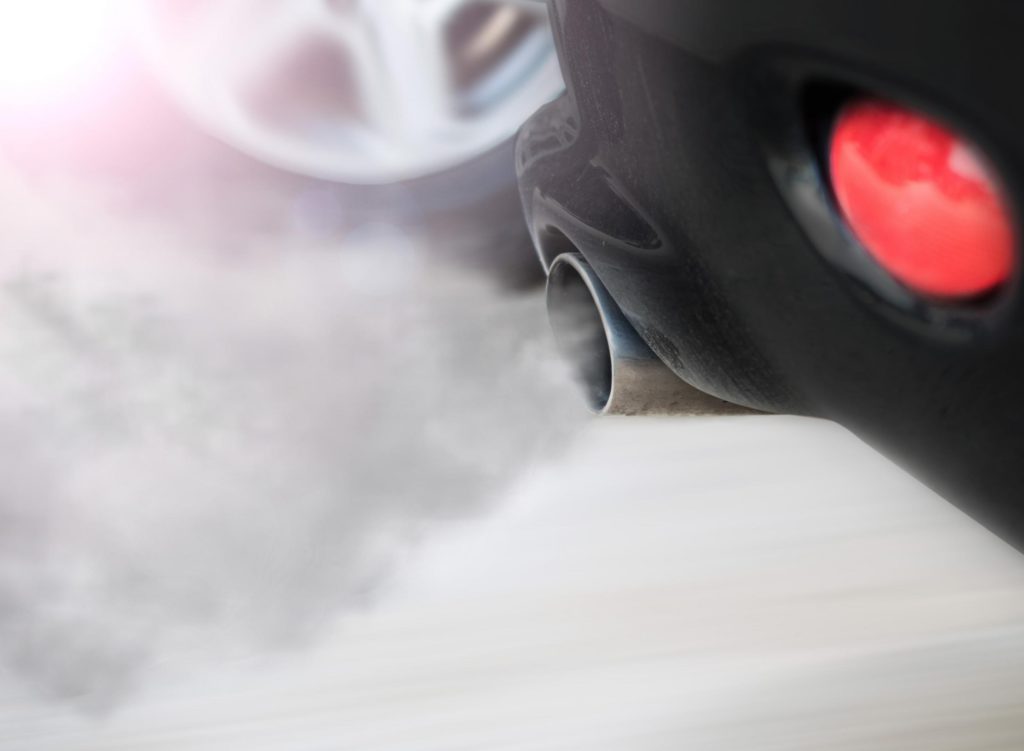VW and BMW face fines for emissions issues
26 February 2019

26 February 2019
Volkswagen Group (VW) faces the prospect of compensating thousands of owners of diesel cars following a rebuke by a top court in Germany.
While the carmaker has paid compensation to customers in the US over the Dieselgate scandal, it has remained resolute in its statements that it has done nothing wrong in Europe. The company claims that it has not cheated EU emissions testing and that the software is legal.
However, the Federal Court of Justice has now laid out its position – despite the cancellation of a hearing in which a customer was demanding a new car, claiming that the Tiguan diesel SUV he purchased in July 2015 was fitted with cheat software.
VW had sought to reach a settlement in the case to avoid a ruling against it by the court that could weaken its efforts to sidestep claims over its rigged diesel vehicles.
The court statement does not allow ′concrete conclusions’ regarding its impact on other legal claims, Volkswagen said in a statement. The company reiterated that delivering a new vehicle in the case in question is ′impossible’ because the Tiguan sold to the customer in 2015 is ′different’ from the current version.
In its statement, the court said VW had an obligation to provide a vehicle free from defect and that does not rule out a replacement model. The latter option is not straightforward though as the car in question is no longer available for sale but the court stated that ′the exchange model should broadly equate to the costs associated with acquiring a replacement model as would be the case if the affected model were still available for delivery.’
The court did not indicate what effect software updates would have on VW’s position.
BMW fine
Meanwhile, prosecutors in Munich have fined BMW €8.5 million for administrative lapses after the manufacturer admitted it had installed the wrong engine management in almost 8,000 vehicles, leading to higher nitrogen oxide (NOx) emissions.
The German carmaker announced a recall in February last year. ′In the course of internal tests, the BMW Group has discovered that a correctly developed software update was mistakenly assigned to certain unsuitable model-versions,’ the company said in a statement at the time. ′The BMW Group informed the relevant authorities immediately.’
BMW said the models affected were 5-Series and 7-Series cars made between 2012 and 2017 that feature high-performance diesel engines and three turbochargers.
The prosecutor’s office said BMW was guilty of oversight lapses. BMW said it had accepted the findings of the Munich prosecutor.
′The engine management software resulted in different readings of NOx pollution levels between test bench and real-world emissions measurements,’ the prosecutor’s office said in a statement.